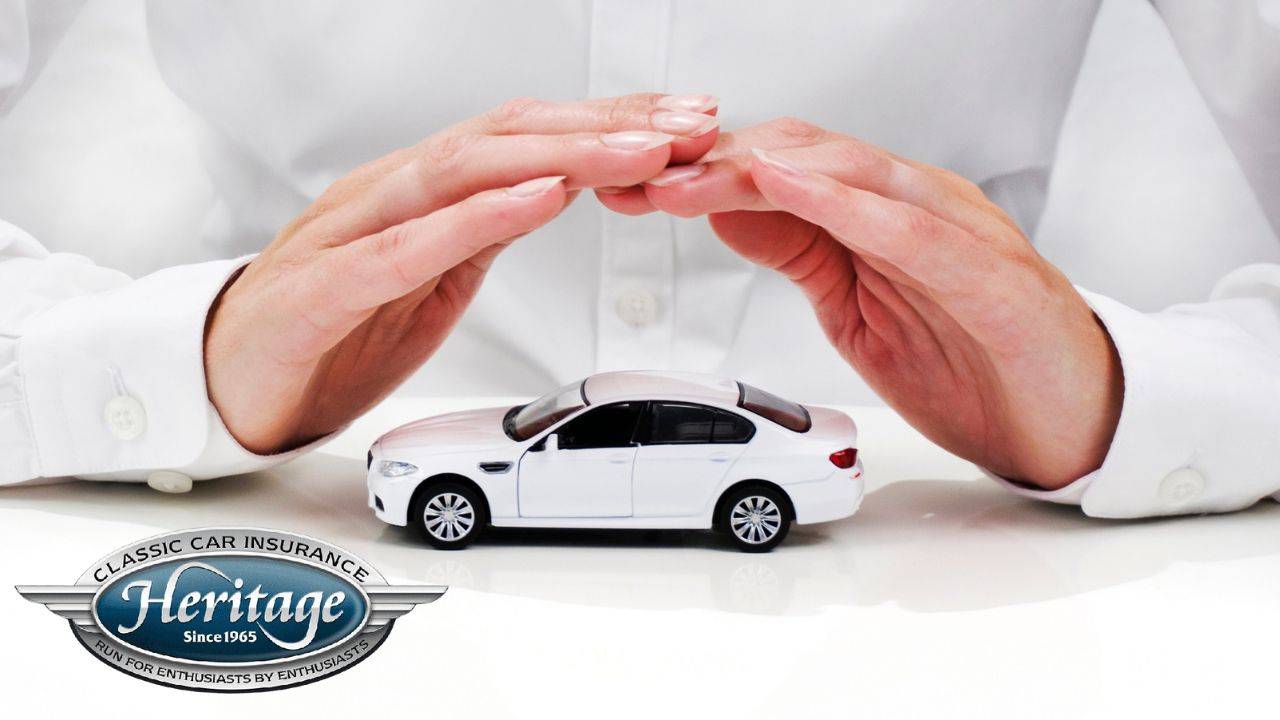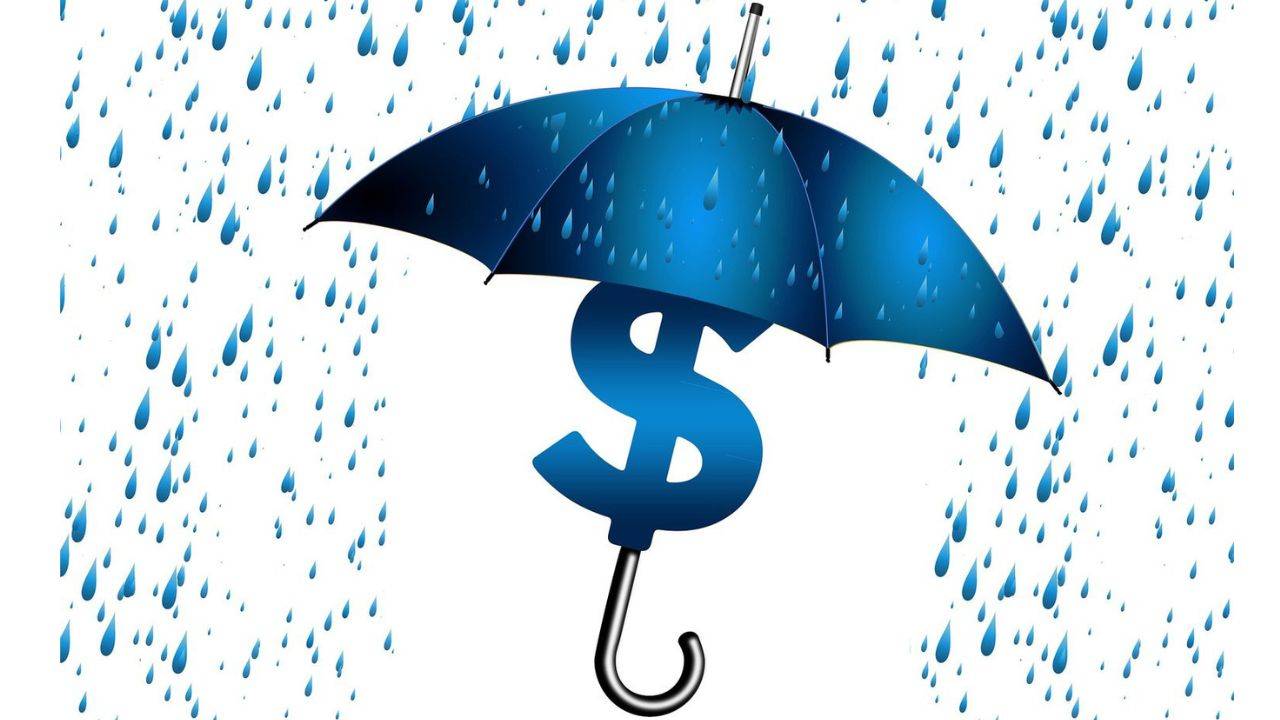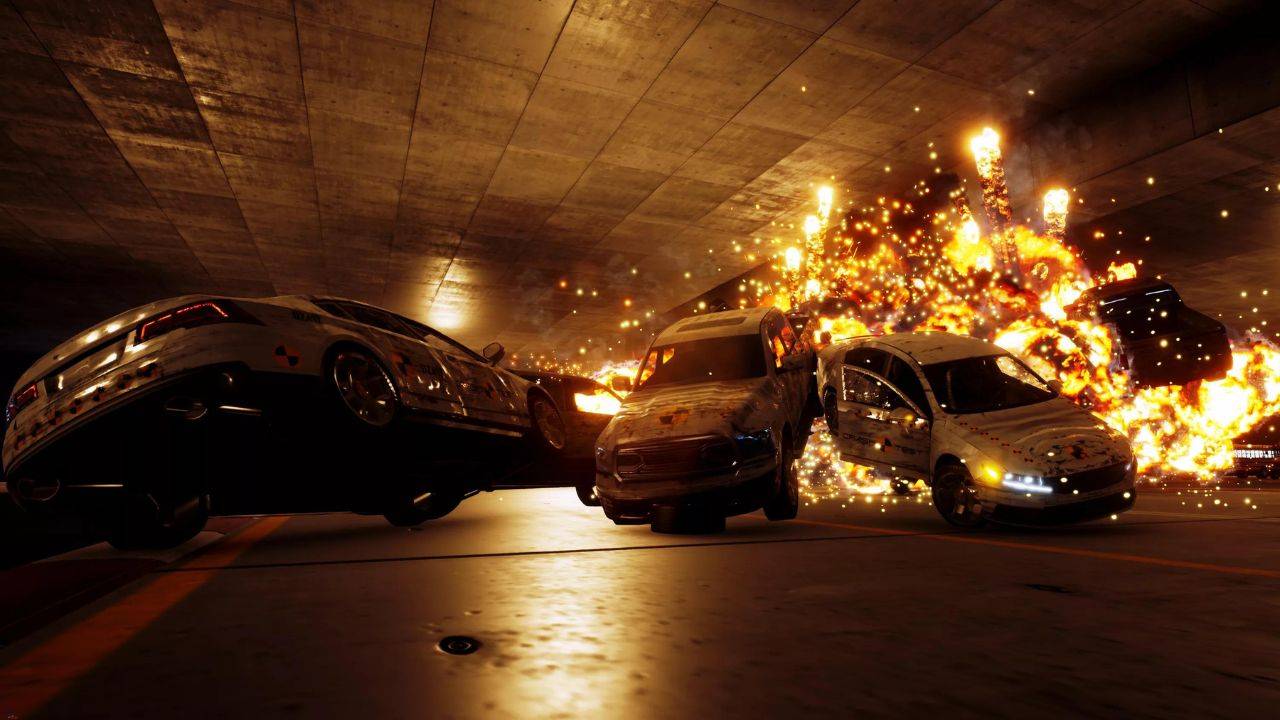Collision insurance covers damage to your vehicle caused by a collision with another vehicle or a stationary object like a tree or fence. It typically helps pay for repairs or replacement of your vehicle, regardless of fault.
What is Collision Insurance?
Collision insurance is a vital component of your car insurance policy. It provides coverage for damages to your vehicle resulting from collisions with other vehicles, objects, or even potholes.
Key Features of Collision Insurance
Collision insurance covers the cost of repairing or replacing your vehicle, regardless of who is at fault in the accident. This coverage is particularly beneficial if you have a newer or more valuable vehicle, as repair costs can be substantial.
When is Collision Insurance Necessary?
Having collision insurance is essential for all drivers, especially those with newer cars or vehicles still under financing. Without collision coverage, you would be responsible for paying out-of-pocket for repairs or replacements, which can be financially burdensome.
Coverage Limits
It’s crucial to review your collision insurance policy to understand the coverage limits. These limits determine the maximum amount your insurance company will pay for damages. Opting for higher coverage limits may result in slightly higher premiums but can provide greater financial protection in the event of a significant accident.
Deductibles and Premiums
Like other types of insurance, collision coverage comes with a deductible. This is the amount you must pay out-of-pocket before your insurance coverage kicks in. Typically, the higher the deductible, the lower your premiums will be. However, it’s essential to choose a deductible that you can comfortably afford in case of an accident.
Factors Affecting Collision Insurance Rates
Several factors influence the cost of collision insurance, including your driving record, the make and model of your vehicle, your location, and your deductible amount. Maintaining a clean driving record and choosing a vehicle with advanced safety features can help you secure lower premiums.
The Importance of Collision Insurance
Collision insurance provides invaluable financial protection in the event of an accident. With it, you could avoid significant expenses to repair or replace your vehicle, leading to financial strain and inconvenience. By including collision coverage in your car insurance policy, you can drive with confidence, knowing that you’re prepared for the unexpected.
Some Points of In-Car Insurance Policy Collision Insurance Covers Weegy
Best in car insurance policy collision insurance covers weegy: This phrase is referring to a discussion or query about collision insurance within a car insurance policy. Collision insurance typically covers the cost of repairs to your vehicle in the event of an accident, regardless of who is at fault. The term “weedy” might refer to a platform or service where such discussions or queries take place, seeking advice or clarification on insurance-related matters.
Ray Cupple bought a basic car: This statement indicates that Ray Cupple purchased a simple or standard model of a car, likely without many additional features or upgrades. “Basic car” suggests a vehicle without luxurious amenities or advanced technology, often chosen for practicality and affordability.
Which of the following best describes term life insurance? This question prompts a comparison or explanation of term life insurance. Term life insurance provides coverage for a specific period, typically ranging from 5 to 30 years, during which the insured pays regular premiums. If the insured passes away during the term, the policy pays out a death benefit to the designated beneficiaries. Unlike whole life insurance, term life insurance does not accumulate cash value and is designed to provide financial protection for a set duration.

In a car insurance policy, collision insurance covers weegy cost: This phrase discusses the cost associated with collision insurance within a car insurance policy. Collision insurance covers expenses related to repairing or replacing your vehicle if it’s damaged in a collision with another vehicle or object, regardless of who is at fault. The mention of “weedy cost” could imply a discussion or inquiry about the expenses or premiums involved in obtaining collision coverage, possibly on a platform or service named “weedy.”
All insurance is based on a principle called: Insurance operates on the fundamental principle of risk management, where individuals or entities pool their resources to protect against uncertain losses. This principle involves spreading the risk of potential losses among a larger group, allowing individuals to pay a premium to offset the financial impact of unexpected events.
David is buying a new car: David, a prospective car owner, is in the process of purchasing a new vehicle. This decision likely involves various considerations, such as the make and model of the car, its features, price range, and financing options. Buying a new car can be an exciting but also significant financial commitment for an individual.
The coverage included in automobile insurance: Automobile insurance typically encompasses various types of coverage aimed at protecting drivers, passengers, and vehicles in the event of accidents, theft, or other incidents. This coverage often includes liability coverage to pay for damages or injuries caused to others, as well as coverage for the insured’s vehicle against physical damage, medical expenses, and other related expenses.
Collision insurance is a component of car insurance policies that specifically provides coverage for damage to the insured vehicle resulting from collisions with another vehicle or object. This type of coverage typically helps pay for the repair or replacement costs of the insured vehicle, regardless of fault in the accident. Collision insurance is designed to protect the policyholder’s investment in their vehicle and is often recommended for newer or more valuable cars.
Conclusion
Collision insurance is a vital aspect of your car insurance policy, offering essential protection against the costs of vehicle damage resulting from collisions. Understanding the key features, coverage limits, deductibles, and premiums associated with collision insurance can help you make informed decisions to safeguard your financial well-being on the road.
FAQ
Is a car insurance policy collision insurance covered?
Collision insurance covers damages to your vehicle resulting from collisions with other vehicles or objects, regardless of fault. It helps pay for repairs or replacement of your car, minus the deductible, up to the policy limit.
What does collision coverage insure, Quizlet?
Collision coverage insures your vehicle against damage caused by a collision with another vehicle or object, regardless of fault. It helps pay for repairs to your car or provides compensation if your vehicle is totaled due to a collision.
What is covered under the collision section of a personal auto policy?
The collision section of a personal auto policy typically covers damage to your vehicle resulting from a collision with another vehicle or object, regardless of fault. This coverage helps pay for repairs or replacement of your car, minus the deductible.
What does comprehensive and collision coverage cover that is traceable?
Comprehensive coverage from Aceable typically protects against damage not caused by a collision, such as theft, vandalism, or natural disasters. Collision coverage, on the other hand, helps cover repair costs if your vehicle is damaged in a collision with another object or vehicle.
What does collision insurance cover examples?
Collision insurance covers damage to your vehicle resulting from collisions with other vehicles or objects, regardless of fault. Examples include:
- Accidents with another car.
- Hitting a tree.
- Colliding with a stationary object like a fence or pole.
Does collision mean full coverage?
No, collision coverage is just one component of full coverage insurance. Full coverage typically includes collision coverage along with comprehensive coverage, which protects against non-collision incidents like theft or vandalism, and liability coverage, which covers damages to others in an accident you cause.






